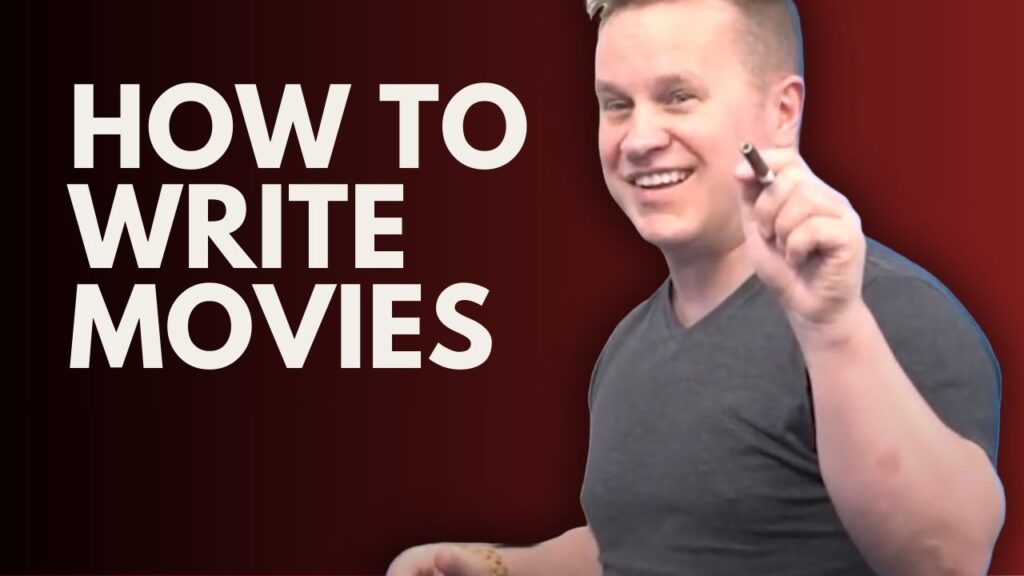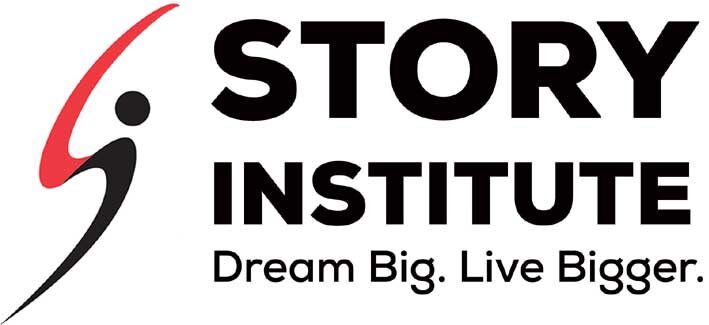
Want to Write a Great Movie? Start With the Science of Storytelling
Everyone has a story to tell. But if you want your story to become a great movie—one that moves audiences, grabs attention, and stands the test of time—then it helps to understand the science behind what works.
Successful films don’t happen by accident. Whether it’s a heartfelt indie drama or a laugh-out-loud comedy, most beloved movies share common threads. Behind the memorable lines, compelling characters, and climactic moments lies a foundation built on storytelling principles that have been refined over decades.
Let’s explore the core elements of writing a great film, starting with structure, diving into emotional arcs, and finishing with the importance of continuous growth.
1. Start with Structure
One of the most important tools in any screenwriter’s kit is structure. While every story is unique, most successful films follow a familiar rhythm: the three-act structure.
Act I (Setup): Introduce your characters and their world. Establish the protagonist’s current life, what they want, and what’s holding them back.
Act II (Conflict): This is where the stakes rise. The protagonist faces obstacles, confronts inner and outer challenges, and begins to change.
Act III (Resolution): Here, everything comes to a head. The protagonist experiences a final test or transformation and either succeeds or fails based on what they’ve learned.
A well-structured film is like a rollercoaster: it builds anticipation, offers moments of emotional highs and lows, and delivers a satisfying end.
2. Emotional Beats Make It Memorable
Great structure is only part of the equation. What truly sets a story apart is how it makes the audience feel.
Let’s look at a few examples:
In Wedding Crashers, beyond the comedic chaos, there’s a moment where Vince Vaughn’s character opens up about loneliness. That vulnerable beat adds depth and draws us in.
In Harry Potter and the Sorcerer’s Stone, we feel Harry’s yearning to belong. The moment he first arrives at Hogwarts is magical—not just because of special effects, but because emotionally, he’s finally found home.
When you’re writing your script, plan for emotional low points (where the character feels broken or hopeless) and breakthroughs (where they grow or gain clarity). These beats are where audiences connect on a human level.
3. Want vs. Need: The Core of Character Transformation
At the heart of every memorable film is a character who changes.
This transformation almost always follows the same internal journey: what a character wants at the beginning is not what they need to become their true self.
Think of it like this:
The “want” is external—money, love, fame, revenge.
The “need” is internal—self-worth, forgiveness, courage, honesty.
Let’s take The Pursuit of Happyness. Will Smith’s character wants financial stability for his son. But what he needs is to believe in himself and keep going when everyone else doubts him.
As a writer, identifying your protagonist’s want vs. need will help guide their arc and give your story emotional payoff.
4. Plant and Payoff: Writing With Purpose
One of the most satisfying aspects of a great screenplay is when early story elements return later in meaningful ways.
This technique is called planting and payoff. It’s about setting up something small in Act I that becomes significant in Act II or III. These moments make the story feel cohesive and intentional.
Example: In Back to the Future, the photo of Marty’s family is introduced early, and as the story progresses, it becomes a visual countdown for his mission to succeed. The photo isn’t just a prop—it holds emotional and narrative weight.
When writing your screenplay, look for opportunities to:
Introduce small details that can later become big reveals.
Use dialogue or actions early on that resonate more deeply when revisited.
5. Write Often. Reflect More. Grow Constantly.
Here’s one of the most important truths in screenwriting: your first film should be your best for today, not your best ever.
Many aspiring writers fall into the trap of trying to write their magnum opus right out of the gate. But the best way to grow is to keep writing. Study what works. Rewrite often. Get feedback. Watch your work evolve.
Try this exercise: break down five of your favorite films. Pause at the 10, 30, 60, and 90-minute marks. Where are the act breaks? Where are the emotional turns? What choices do the writers make that build tension, deepen character, or surprise the audience?
By deconstructing great films, you’ll start to see patterns. And once you know the rules, you can start to bend them. That’s where real creativity begins.
6. Writing Is Rewriting
The first draft is about discovery. The next ones are about precision.
Every writer, from beginners to pros, rewrites. Even Oscar-winning scripts went through dozens of drafts. So give yourself permission to write a messy first version. Get the story down. Then go back and make it sing.
Ask yourself:
Is each scene moving the story forward?
Is the dialogue natural but meaningful?
Are the characters making active choices?
Are there surprises that keep the audience engaged?
Rewriting isn’t about fixing mistakes—it’s about uncovering deeper truths in your story and finding the clearest, most powerful way to tell them.
7. Surround Yourself With Storytellers
One of the fastest ways to grow is by surrounding yourself with other writers, filmmakers, and storytellers.
Join a workshop. Share scripts. Watch films with others and discuss what worked (or didn’t). Writing is often a solo pursuit, but storytelling thrives in community.
You’ll learn faster. You’ll gain perspective. And you’ll be reminded you’re not alone in your struggles or triumphs.
Writing a great film is part art, part craft, and part courage. It takes imagination, discipline, and a deep understanding of human emotion. But it’s also something you can learn—and get better at—with time, study, and practice.
So take the pressure off yourself. Don’t worry about writing a perfect film—write the most honest, compelling story you can today. Then write another. And another.
Over time, your voice will sharpen, your instincts will grow, and your stories will land exactly how you want them to.
Keep learning. Keep writing. And most of all—keep growing.
🎬 Ready to take the next step in your storytelling journey?
Explore your passion for film and TV writing with the 12-month accredited diploma program at Story Institute, where scriptwriting is just one part of a fully immersive acting and storytelling education. Whether you’re looking to turn ideas into screenplays or characters into powerful performances, we’ll help you build the skills to launch your creative career.
👉 Start today by booking a free try-it class at storyinstitute.ca/offer-acting
Or dive into the full diploma details at storyinstitute.ca
Your story deserves to be told—and we’ll help you tell it well.
Contact us for a FREE acting lesson!
Get in touch and our friendly advisors will contact you to answer your acting questions



















